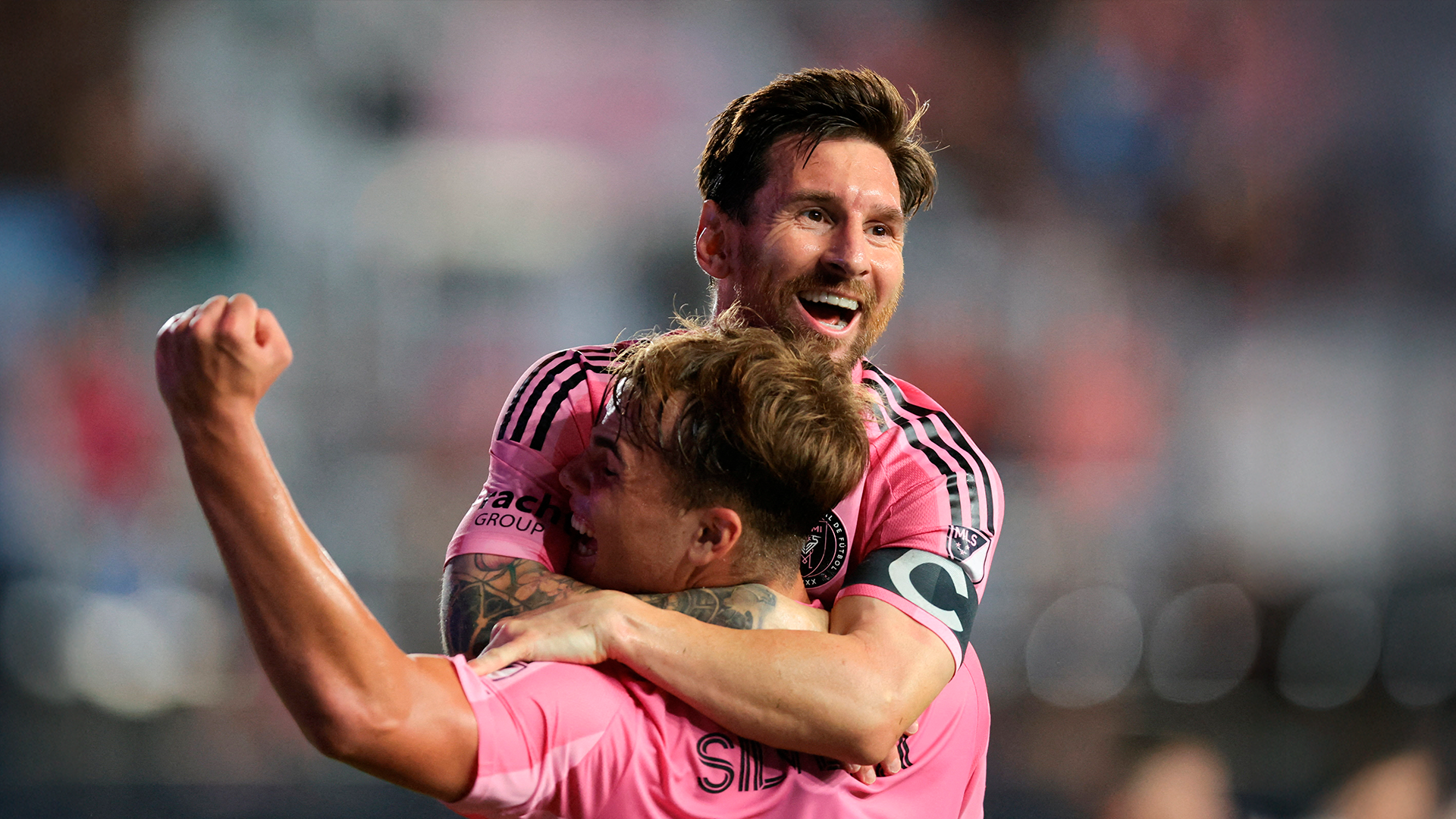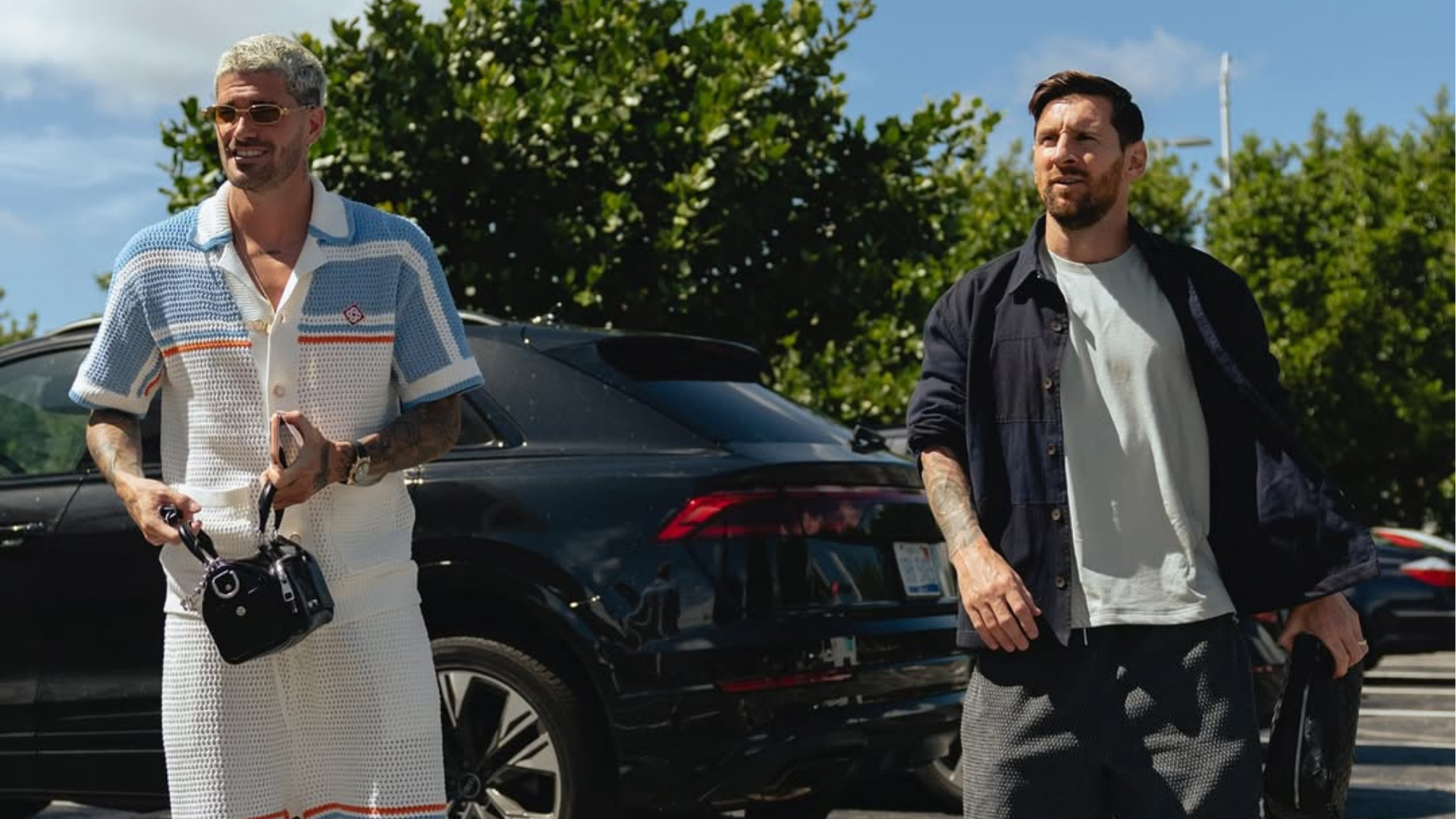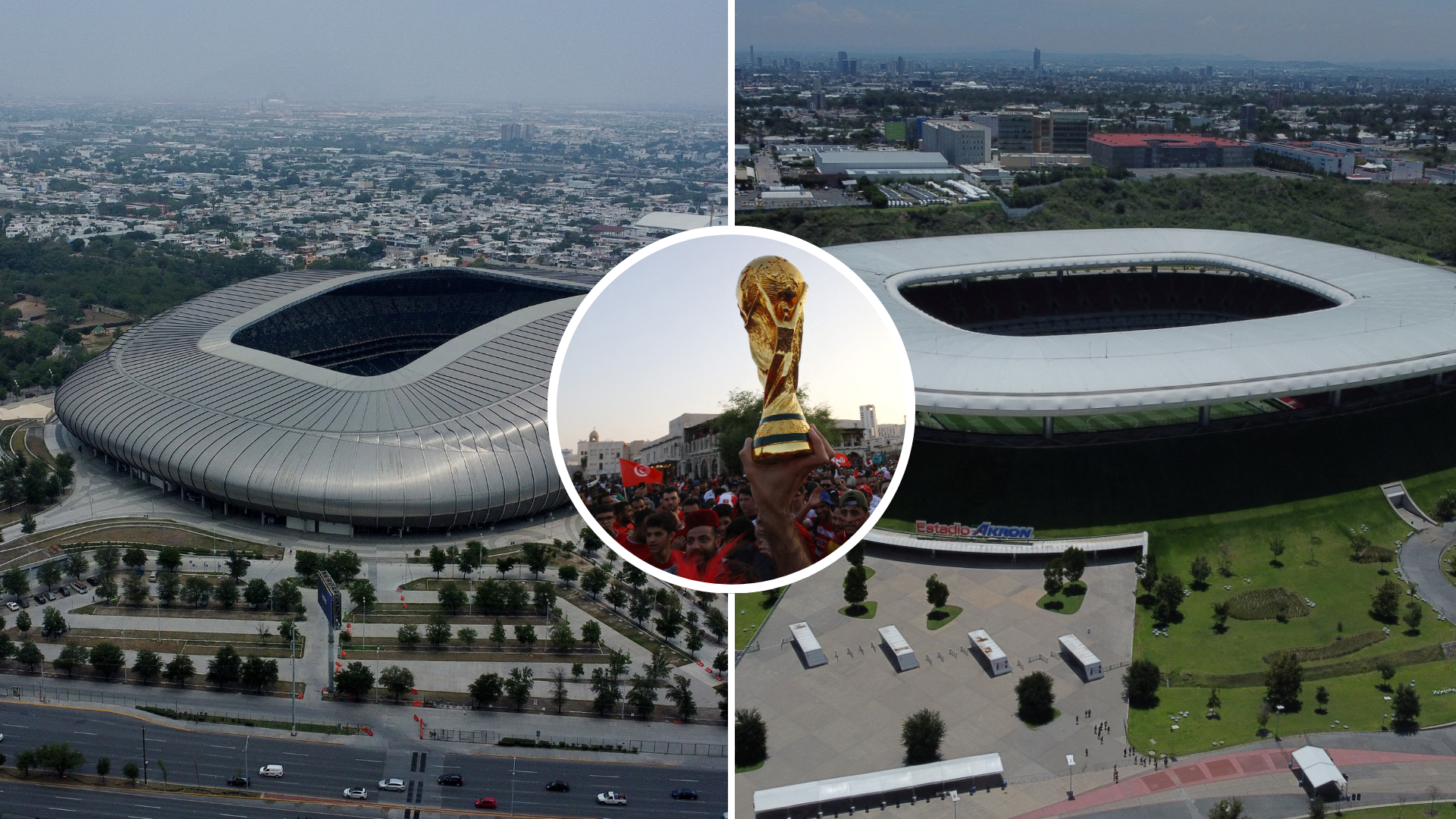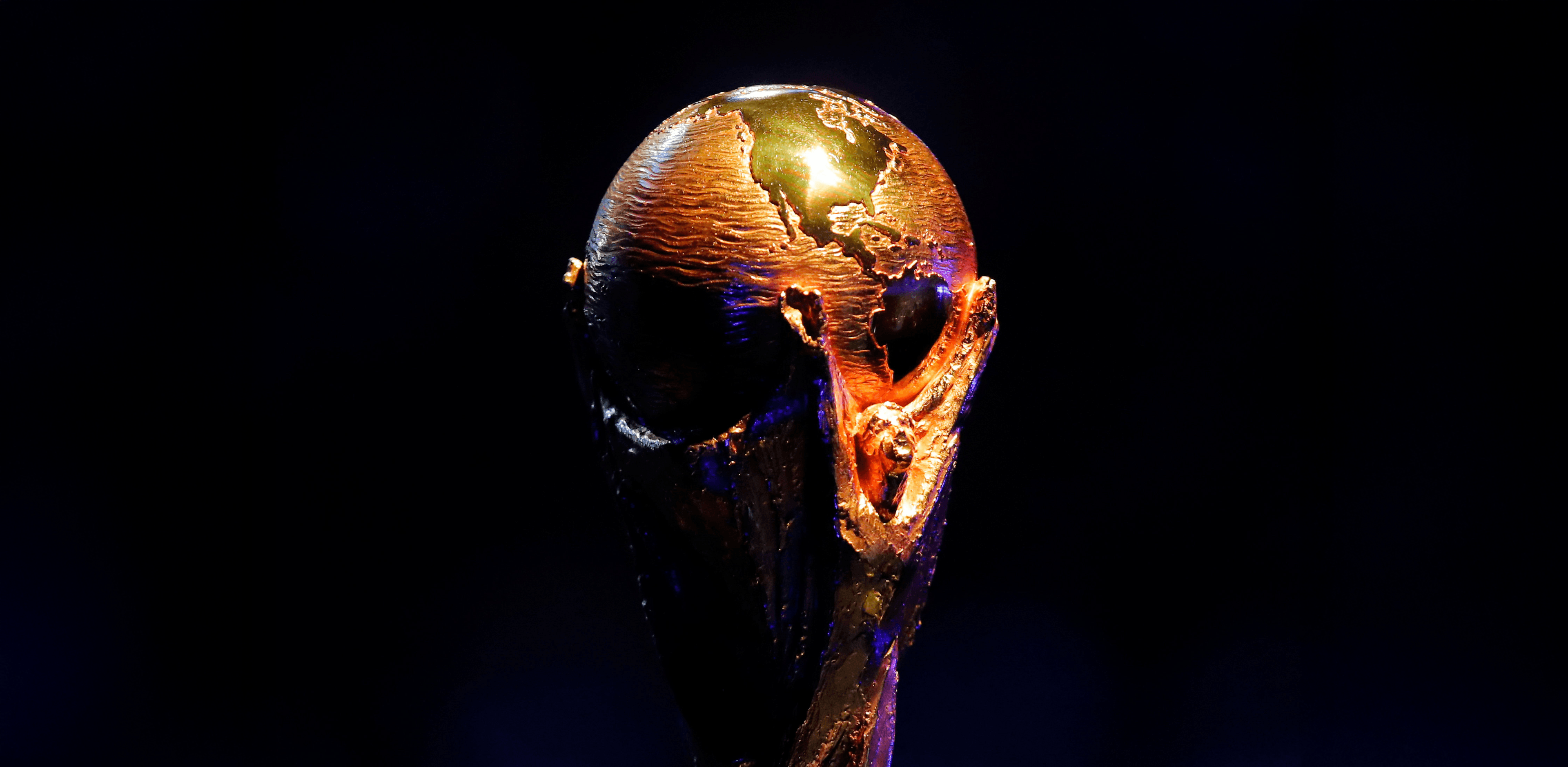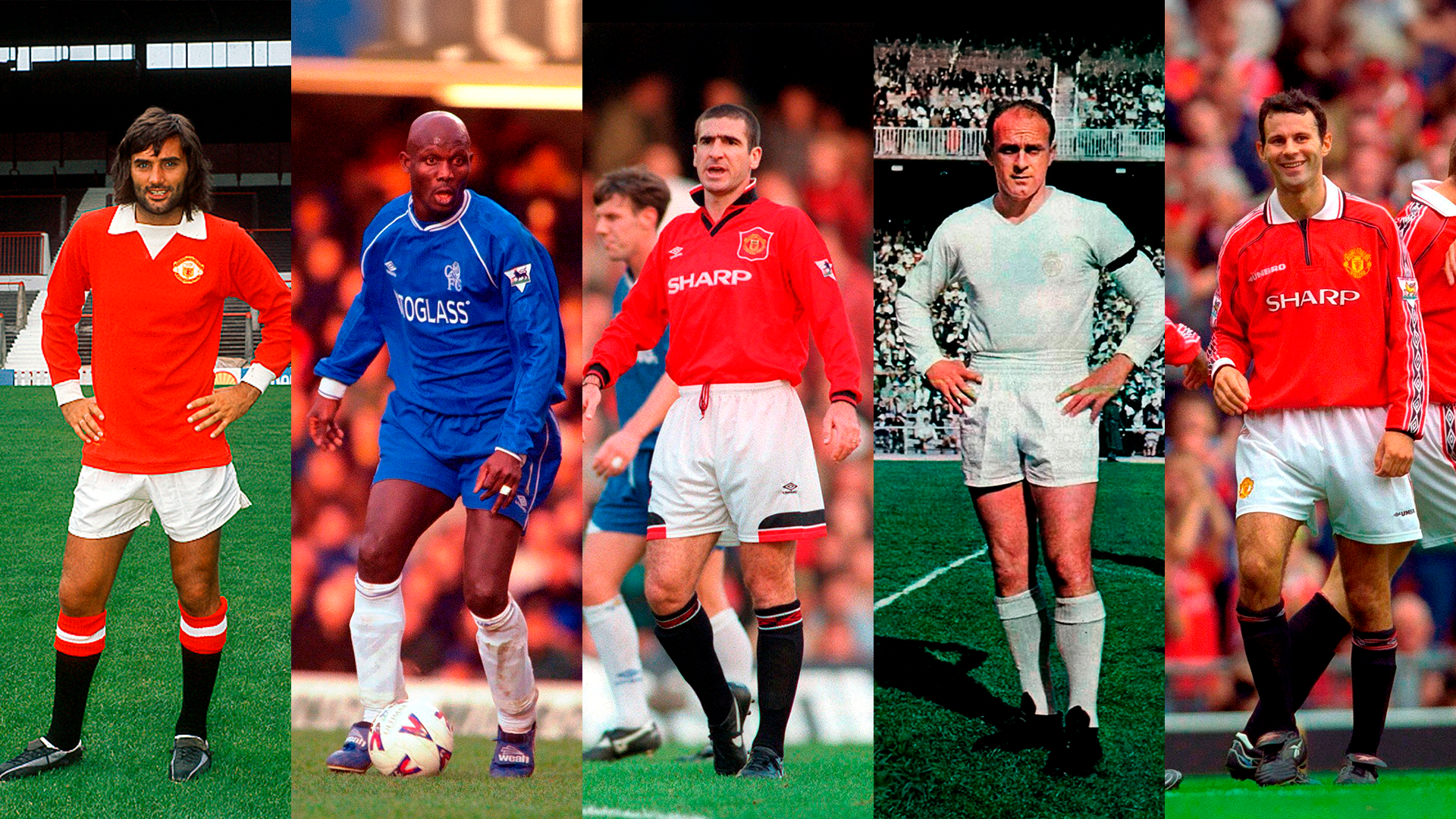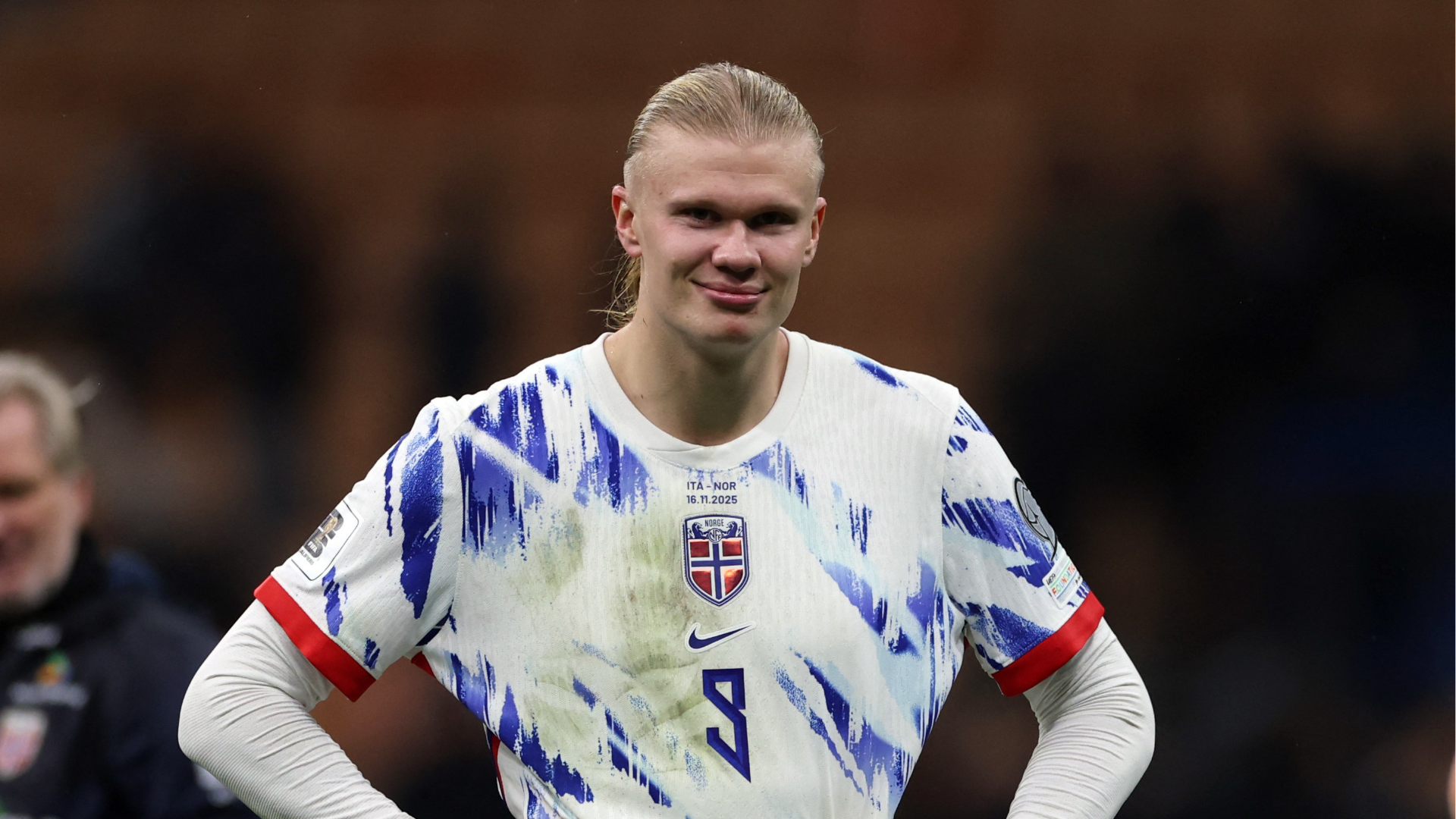- Home >
- Soccer >
- FIFA World Cup >
- The Unexpected Issue Threatening Lionel Messi’s Participation in the 2026 World Cup
The Unexpected Issue Threatening Lionel Messi’s Participation in the 2026 World Cup
Mauricio Pochettino warns that the MLS may not offer the competitive intensity Lionel Messi needs ahead of the 2026 World Cup. A concern emerges for Argentina.
Messi and the Major Challenge Ahead of the 2026 World Cup
With the 2026 World Cup approaching, one of the biggest questions surrounding the Argentina national team is the condition in which Lionel Messi will arrive. The captain could play his sixth World Cup at 38 years old, and although he continues to shine with Inter Miami, a potential obstacle has emerged: the competitive level of the Major League Soccer (MLS).
Mauricio Pochettino, Messi’s former coach at Paris Saint-Germain and now manager of the United States national team, has raised concerns with an analysis that echoes strongly in Argentina. His words suggest that Messi’s preparation may be affected in ways that go beyond tactics or fitness.
The MLS: Entertainment Over Competitive Pressure
Pochettino described the MLS as an environment built primarily for entertainment, comparing it to the NFL, MLB, NBA, and NHL. According to him, the league lacks the structural pressure that defines elite European football.
He stated that sports in the U.S. are “designed to entertain the masses,” creating excitement in victory but avoiding the emotional weight of defeat, mainly because there is no relegation in the MLS.
“When we talk about football in other countries, defeat is drama and victory is glory. That alone defines the difference between soccer and football,” he explained.
This cultural gap, he believes, could influence Messi’s sharpness ahead of a tournament as demanding as the World Cup.
The U.S. Ambition and What It Means for Messi
Pochettino made it clear that the goal of the United States as host nation is simple: to win the 2026 World Cup. “If you finish second, nobody remembers,” he stated, emphasizing that success requires maximum competitive levels.
Meanwhile, Messi’s numbers in Inter Miami remain exceptional with 35 goals and 20 assists in 32 matches. However, the transition from a less intense league to the world’s toughest tournament could represent a tactical and physical challenge for the Argentine superstar.
For Pochettino, this difference in rhythm and pressure is key to understanding the potential difficulties Messi may face.
What This Means for Argentina and Messi’s Preparation
Pochettino also highlighted how the U.S. team has grown in competitiveness since recent tournaments: “After the Gold Cup, the team raised its standards. These matches are a test and an opportunity for many players.”
His message indirectly outlines Messi’s dilemma: the MLS does not replicate the match-by-match pressure found in Europe, and the World Cup will demand absolute sharpness.
The challenge is clear. For Messi, at 38, leading Argentina once more, the combination of age, pace of competition in the MLS, and the intensity of the World Cup may shape one of the most demanding chapters of his legendary career.
